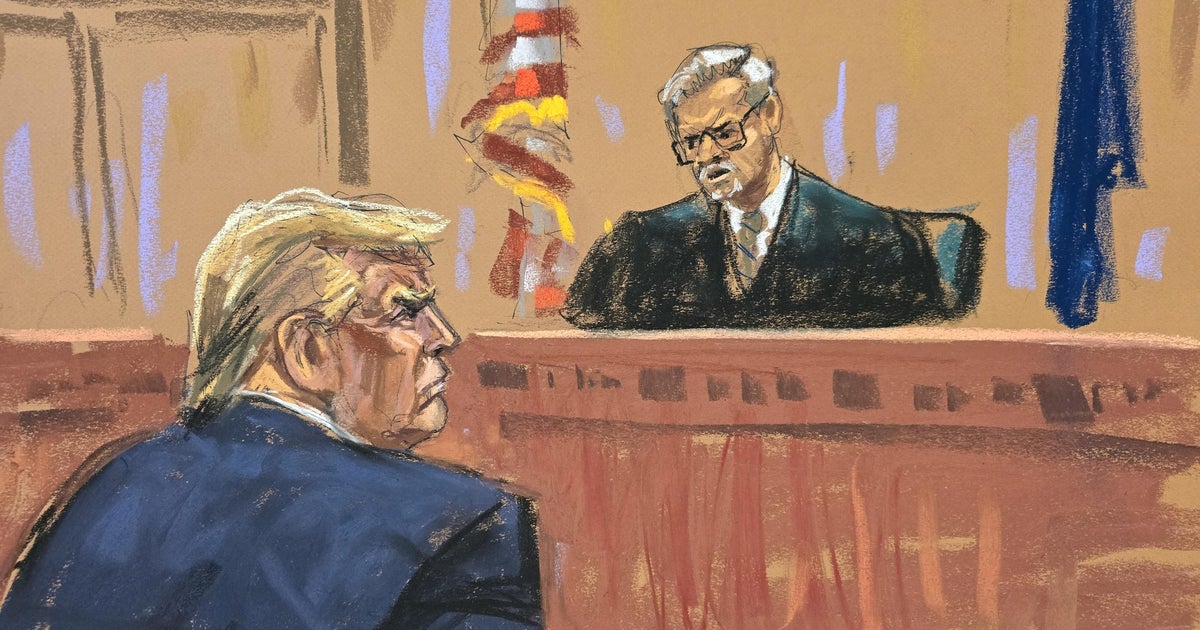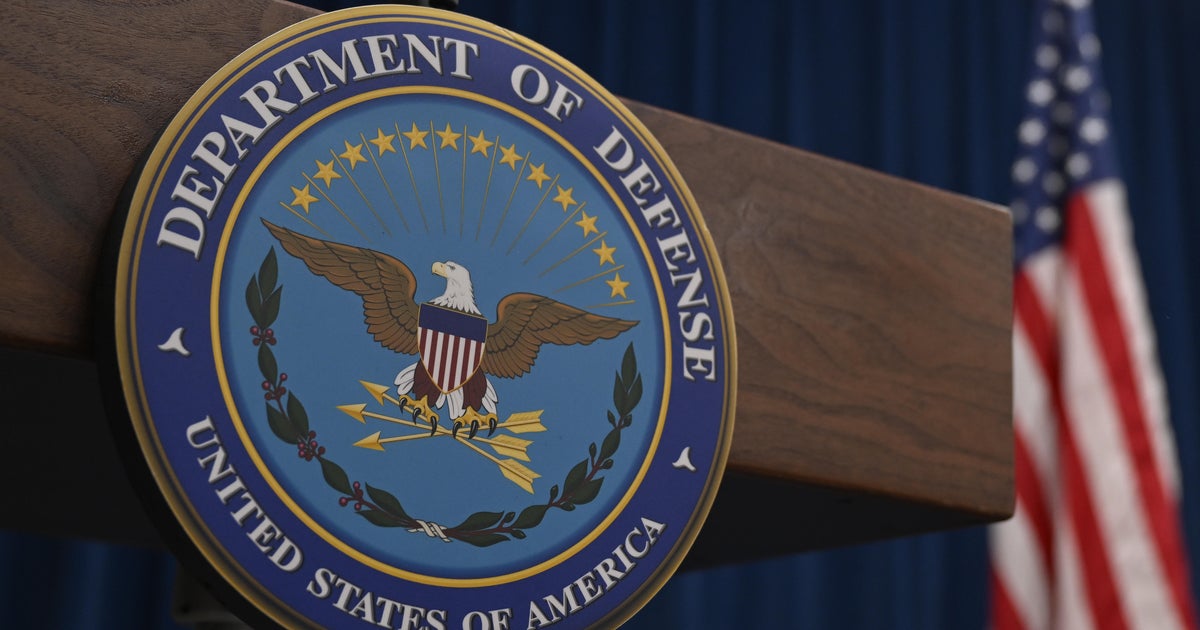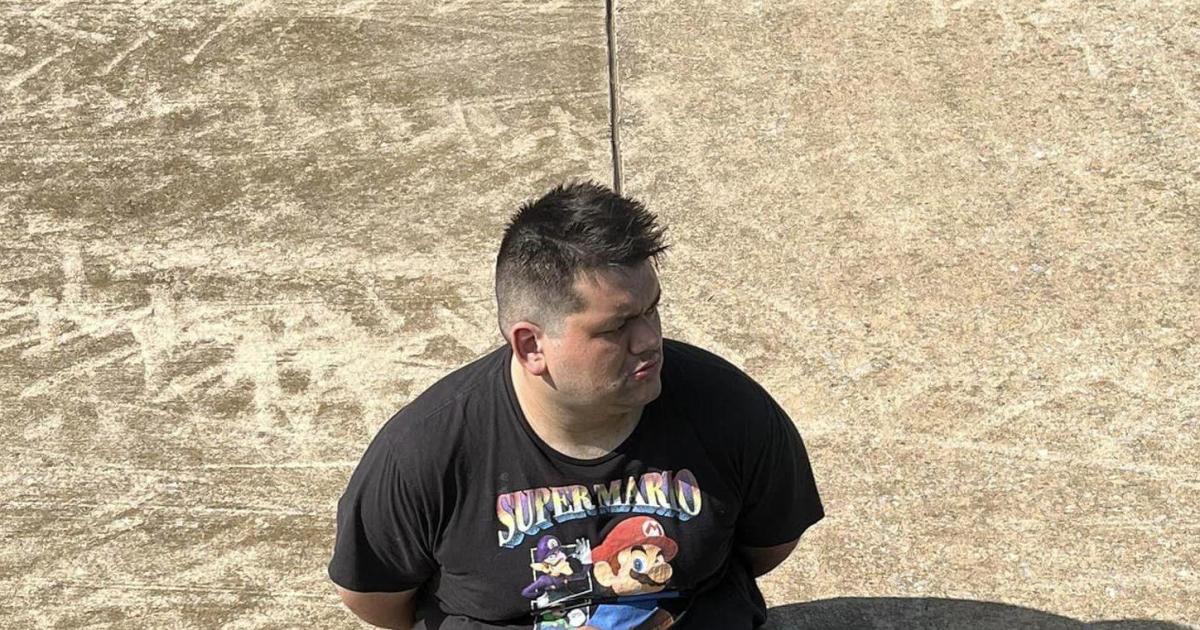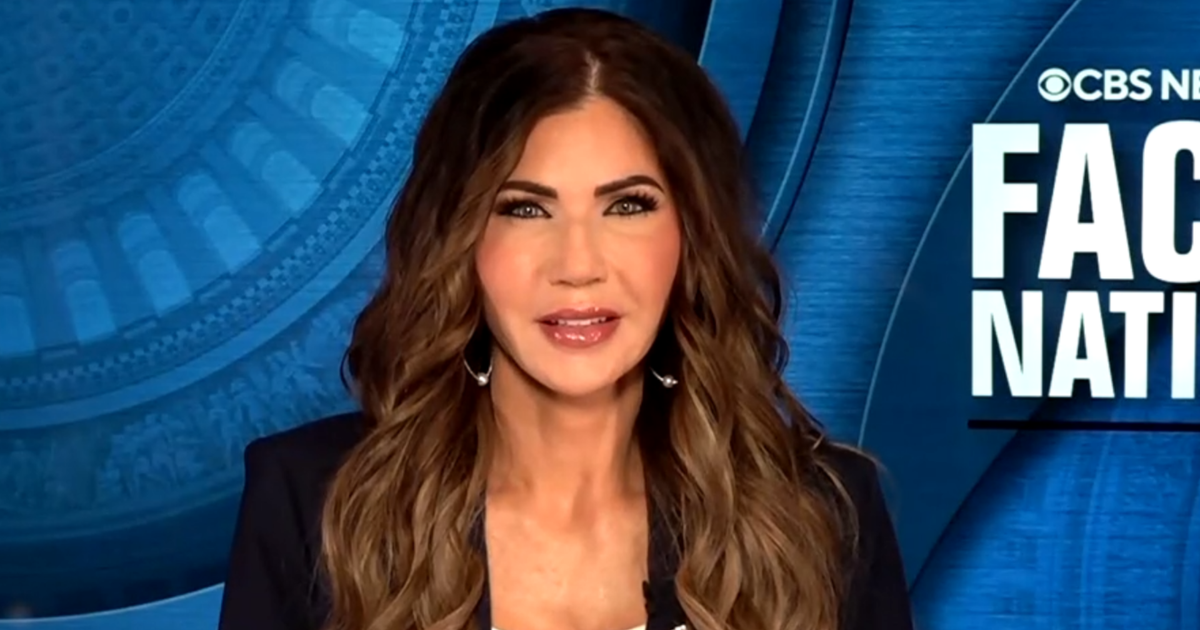Family of American held in Iran hopes for direct talks
The family of Baquer Namazi, an 81-year-old Iranian-American detained in Iran along with his Siamak Namazi, is pleading for the Trump administration to engage in direct talks with the Iranian government to bring him home.
"I can't imagine it would be against our national interest as the US to engage on humanitarian grounds," Babak Namazi, Baquer's son and Siamak's brother, told told reporters recently. Baquer's health has taken a turn for the worst recently, his family says, and they fear he could die in Iran.
Babak was in Washington last week for meetings with the White House and the State Department, and met with Deputy National Security Advisor Dina Powell and Deputy Secretary of State John Sullivan. Babak and his lawyer pressed the officials to have private, direct discussions with Iran to bring his family home.
Baquer, a former UNICEF worker, and Siamak, a businessman, were detained at different times but have been held for almost two years. They were both convicted of espionage and sentenced to 10 years in prison by Iranian authorities.
"They secured the release through direct dialogue with North Korea for Otto Warmbier," the family's attorney, Jared Genser, said. "If they can talk to North Korea, with North Korea being the threat that it poses to the world — with the nuclear tests, the missile tests and otherwise — then they can talk to anybody. There is no other country in the world that is, right now, being as provocative as North Korea."
Earlier this year, the State Department's top North Korea diplomat, Joe Yun, traveled to North Korea to retrieve US hostage Otto Warmbier. This came after President Trump ordered Secretary of State Rex Tillerson to take all measures, including engaging with North Korea, in order to bring American hostages home.
But Warmbier had been tortured by his North Korean captors, his family said, and he returned to the US in a coma. The 22-year-old, who had gone there on a tour group and planned to study abroad in China later in his college career, was detained for taking a political poster from his hotel.
In September, Baquer had surgery after the IRGC finally allowed him to see his own cardiologist. This came after months of Baquer complaining about memory loss and shortness of breath.
Baquer, who has loss 35 pounds since being imprisoned, had to get a pacemaker during his surgery. The family thought that he would be sent home immediately after this surgery but he was not. They call it a tragedy that he is still suffering in detainment.
"My father is getting worse and worse every day," explained Babak.
The Namazis are also encouraging the administration to consider a prisoner swap if that is what it would take to get their family members home.
The last time the US initiated a prisoner swap with Iran was in 2016 under the Obama administration. The Namazi family hoped to hear that Baquer and Siamak were a part of the swap, but they were not. The devastating news reached them through media reports, just like the rest of the American public.
The State Department, under Secretary John Kerry, told the family not to make a public statement for fear of preventing future attempts to get their family members back. The family was hopeful that the Trump administration would bring Baquer and Siamak home, but say there has been no progress in releasing them.
As a candidate for president, Mr. Trump tweeted after the news that the Namazis had been sentenced to 10 years in prison. "Well, Iran has done it again. Taken two of our people and asking for a fortune for their release. This doesn't happen if I'm president," he tweeted in October 2016.
Trump has continued to use tough language when talking about Iran. In September, during his speech at the UN, Trump called Iran a "murderous regime" and demanded they free all Americans held hostage in the country.
"It is time for the regime to free all Americans and citizens of other nations that they have unjustly detained," he said.
Hours after that speech, the administration reached out to Iran to offer a conversation between Mr. Trump and Iranian President Hassan Rouhani, CBS News' Margaret Brennan reported. Secretary of State Rex Tillerson reached out to French President Macron to ask him to facilitate the conversation. But the Iranians flatly said no.
Diplomats familiar with the situation said that the Iranians were confused about the outreach after Trump had just finished railing against them. The Namazis, however, hope that discussing a release on humanitarian grounds may be a possibility.



